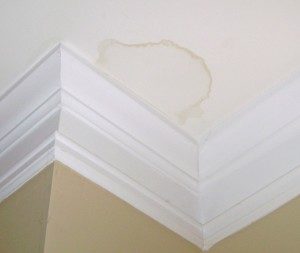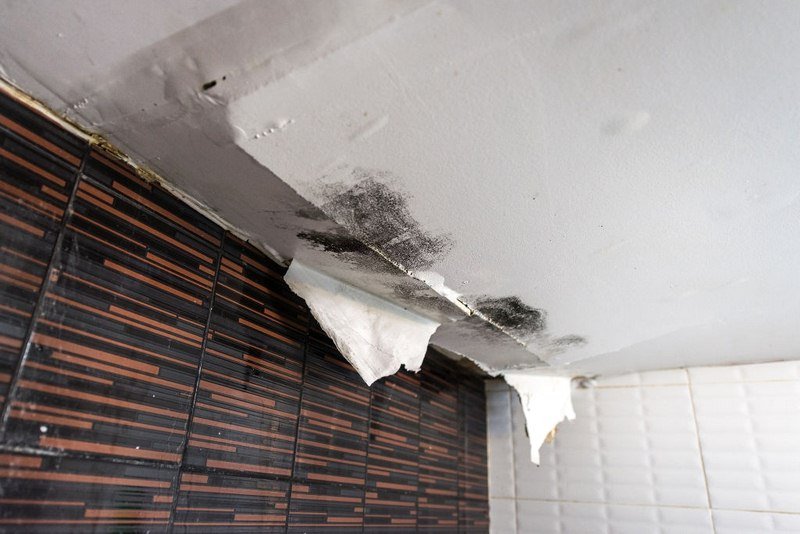Breaking Down the Six Most Common Causes of Home Water Leaks
Breaking Down the Six Most Common Causes of Home Water Leaks
Blog Article
We have uncovered this article involving Most Common Causes of Leaky Pipes down the page on the internet and felt it made sense to discuss it with you in this article.

Leakages not just cause waste of water but can additionally trigger unnecessary damage to your residence as well as promote undesirable organic development. By looking and also comprehending for everyday situations that create leaks, you can protect your residence from future leakages and unneeded damages.
Immediate temperature level modifications.
Extreme temperature level modifications in our pipelines can cause them to broaden and get suddenly. This growth and tightening may create cracks in the pipelines, particularly if the temperature are below cold.
Rusty water systems
As time goes by, your plumbing system ages as well as rust such as rust may begin gnawing the pipes. This may be the cause of staining or warping on your water pipes. This asks for an examination with your plumber quickly. Take into consideration replacing the pipelines since they are at a higher threat of corrosion than the newer designs if our plumbing system is old.
Faulty Pipeline Joints
The factor at which your pipelines link is often the weakest link in the waterline. Pipe joints can degrade with time, causing water leakages. The majority of pipeline joints are not conveniently noticeable. If you have loud pipelines that make ticking or banging sounds, especially when the hot water is turned on, your pipeline joints are probably under a great deal of stress. It is a good idea to have your plumber check your system once a year.
Encroaching origins
The majority of water leaks start outside your house instead of inside it. If you see an unexpected reduction in water stress, claim in your tap, require time to head out as well as analyze your yard. You may see wet patches or sinkholes in your yard, which may mean that tree origins are invading water lines creating water to seep out. You can have your plumber look for breach, particularly if you have trees or bushes near your building.
Poor Water Connectors
At times, a leakage can be created by loosened pipes as well as pipelines that supply your appliances. In case of a water links leakage, you might notice water running straight from the supply line or pools around your home appliances.
Blocked Drains
Clogged drains could be annoying and also inconveniencing, however they can often end up creating an overflow resulting in break pipes. Keep getting rid of any products that may go down your drains that could obstruct them to prevent such hassles.
All the above are sources of leaks yet not all water leaks result from plumbing leakages; some leakages could come from roof leaks. All leakages need to be repaired right away to stay clear of water damages.
Leaks not just create waste of water yet can also trigger unneeded damages to your residence and also promote undesirable organic development. By comprehending as well as looking for everyday scenarios that trigger leaks, you can secure your house from future leaks and unneeded damages. Today, we will look at six leakage creates that may be triggering your pipes to trickle.
At times, a leakage can be caused by loosened tubes and pipes that provide your devices. In instance of a water links leak, you might notice water running directly from the supply line or puddles around your appliances.
How To Check For Water Leak In Your Home
How To Check for Leaks
The average household's leaks can account for nearly 10,000 gallons of water wasted every year and ten percent of homes have leaks that waste 90 gallons or more per day. Common types of leaks found in the home are worn toilet flappers, dripping faucets, and other leaking valves. These types of leaks are often easy to fix, requiring only a few tools and hardware that can pay for themselves in water savings. Fixing easily corrected household water leaks can save homeowners about 10 percent on their water bills.
To check for leaks in your home, you first need to determine whether you're wasting water and then identify the source of the leak. Here are some tips for finding leaks:
Take a look at your water usage during a colder month, such as January or February. If a family of four exceeds 12,000 gallons per month, there are serious leaks.
Check your water meter before and after a two-hour period when no water is being used. If the meter changes at all, you probably have a leak.
Identify toilet leaks by placing a drop of food coloring in the toilet tank. If any color shows up in the bowl after 10 minutes, you have a leak. (Be sure to flush immediately after the experiment to avoid staining the tank.)
Examine faucet gaskets and pipe fittings for any water on the outside of the pipe to check for surface leaks.
Undetected water leaks can happen without the home or business owner even realizing. If you suspect a water leak, but not able to find the source. It is time to contact a professional water leak detection service, The Leak Doctor.
How To Find a Water Leak In Your Home
https://www.leakdoctor.com/blog/How-To-Check-For-Water-Leak-In-Your-Home_AE197.html

I hope you enjoyed reading our topic about Top Causes of Home Water Leaks. Thanks a lot for taking time to read our article post. You should take the opportunity to share this entry if you liked it. Many thanks for your time. Visit again soon.
Here Report this page